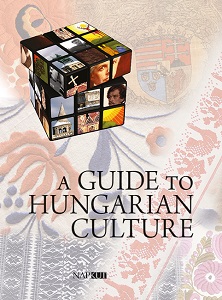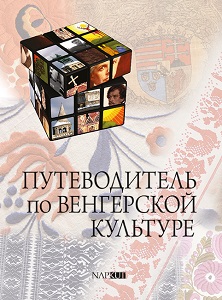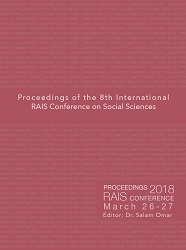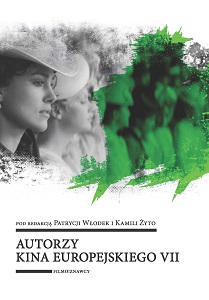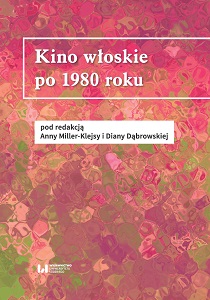Author(s): Daniel Kurz,Hyunjin Kang / Language(s): English
Publication Year: 0
In April of 1919, the roar of the guns of the Great War had only been silent for a few months. Between that fateful November of 1918 and April of the next year, the world of international politics, economics, and medicine would be challenged by several factors. The collapse of Germany, the establishment of the Soviet Union, the wrath of the Great Influenza, and the return of millions of men from the front would transform society in new ways. It was in this historical moment that modernism began to flourish, and it would continue to do so well into the 1920’s. The Imperial age of neoclassicism, romanticism and opera was fading while a new approach to art emerged (Cozzolino 2016, 13-15). In the immediate post-war era, each art form had its own innovator or innovators. There had been innovators before, but never in history had the ideas and institutions of the “Old World” been so thoroughly discredited as they were in the Aftermath of World War I. In architecture it was The Bauhaus and Art Deco; in literature cynical greats like Hemingway and Fitzgerald would reign supreme. Dali and Picasso’s lusty abstractions dominated painting. All were bridges between what was and what is. In stage design, the same process was occurring, though the names have been forgotten except by experts. Few remember these men and women, but their influence would inspire many luminaries in contemporary entertainment that Americans would instantly recognize: Alfred Hitchcock, Stanley Kubrick, Woody Allen, George Lucas and both Coppolas, Frances Ford and Sofia (Fitch 1983, 42-45). One of these forgotten names is Kenneth Macgowan.
More...


